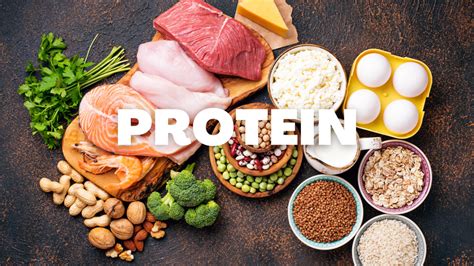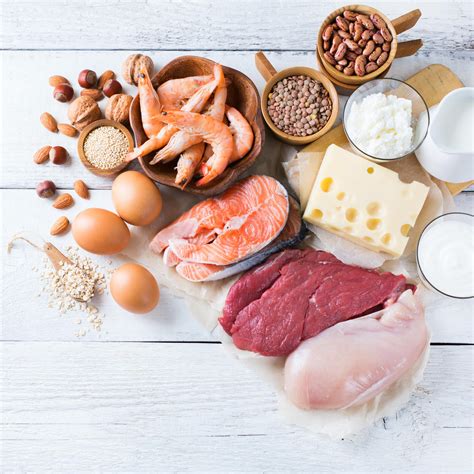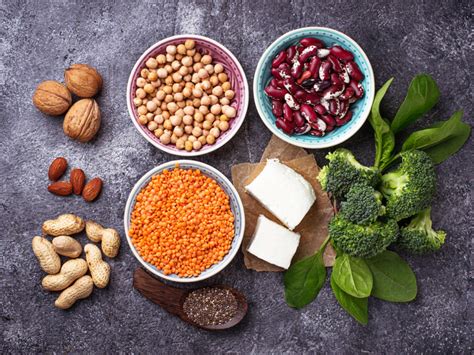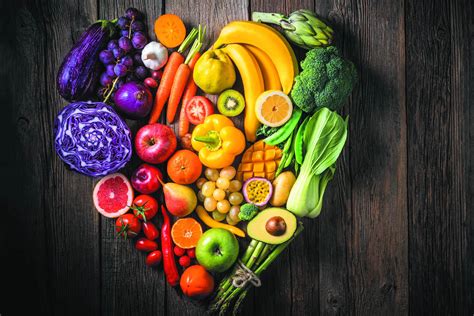For men dedicated to building lean muscle mass, protein is not just a nutrient; it’s the fundamental building block. While the importance of protein is widely acknowledged, pinpointing the exact ‘optimal’ intake can often feel like navigating a maze of conflicting advice. This article cuts through the noise to provide evidence-based recommendations for maximizing muscle growth and recovery.
Why Protein is Paramount for Muscle Building
Protein plays a central role in muscle protein synthesis (MPS), the process by which muscle tissue is repaired and rebuilt after strenuous exercise. When you engage in resistance training, you create microscopic tears in your muscle fibers. Adequate protein intake provides the amino acids necessary to repair these tears, making the muscles stronger and larger over time. Without sufficient protein, your body’s ability to recover and grow is severely compromised, potentially leading to muscle breakdown (catabolism) rather than anabolism (growth).

The Science-Backed Optimal Range
Current scientific consensus, particularly for individuals engaged in resistance training, suggests a higher protein intake than the general dietary reference intake (DRI). For men actively building lean muscle mass, a widely accepted range is 1.6 to 2.2 grams of protein per kilogram of body weight per day (g/kg/day). This translates to approximately 0.7 to 1.0 grams of protein per pound of body weight per day (g/lb/day).
- For a 180-pound (81.6 kg) man: This would mean consuming roughly 126 to 180 grams of protein daily.
Factors like training intensity, overall caloric intake, age, and individual body composition can influence where you fall within this range. For instance, those in a calorie deficit aiming to preserve muscle might benefit from the higher end of the spectrum.

Beyond Just Quantity: Quality and Timing
Protein Quality
Not all proteins are created equal. Prioritize ‘complete proteins’ that contain all nine essential amino acids necessary for muscle repair and growth. Excellent sources include:
- Animal-based: Lean meats (chicken, beef, turkey), fish, eggs, dairy (milk, yogurt, cottage cheese, whey protein).
- Plant-based: Soy, quinoa, buckwheat, and various combinations of legumes and grains (e.g., rice and beans).
Protein Timing and Distribution
While the total daily intake is paramount, distributing your protein consumption throughout the day can also be beneficial. Aim to consume 20-40 grams of protein per meal, spread across 3-5 meals. A post-workout protein dose (within 1-3 hours after training) is particularly effective for initiating muscle repair, but consistent intake throughout the day is key to maintaining a positive nitrogen balance for muscle growth.

Practical Tips for Hitting Your Protein Targets
Achieving your optimal protein intake doesn’t have to be daunting. Here are some practical strategies:
- Plan Your Meals: Incorporate a protein source into every meal and snack.
- Lean Meats and Fish: Chicken breast, turkey, lean beef, salmon, tuna, and cod are excellent staples.
- Dairy Products: Greek yogurt, cottage cheese, milk, and cheese are versatile and protein-rich.
- Eggs: A complete and inexpensive protein source.
- Legumes and Nuts: Beans, lentils, chickpeas, almonds, and peanuts contribute to protein intake, especially for plant-based diets.
- Protein Supplements: Whey, casein, or plant-based protein powders can be convenient tools to boost intake, particularly post-workout or when whole food options are limited.
- Track Your Intake: Use a food tracking app initially to get a sense of your typical protein consumption and identify areas for improvement.

Are There Any Risks to High Protein Intake?
Concerns about high protein intake causing kidney damage are largely unfounded for healthy individuals with normal kidney function. Numerous studies have shown that consuming up to 2.2 g/kg/day (and sometimes even higher) is safe for healthy adults. However, individuals with pre-existing kidney conditions should consult a doctor before significantly increasing protein intake. Always prioritize hydration when consuming a higher protein diet.

Conclusion
For men building lean muscle mass, aiming for a protein intake of 1.6 to 2.2 grams per kilogram of body weight per day is a solid, evidence-based strategy. Focus on consuming high-quality, complete protein sources consistently throughout the day, and use supplements judiciously to fill gaps. Combine this with a well-structured resistance training program and adequate caloric intake, and you’ll set yourself up for optimal muscle growth and recovery, transforming your body efficiently and safely.




